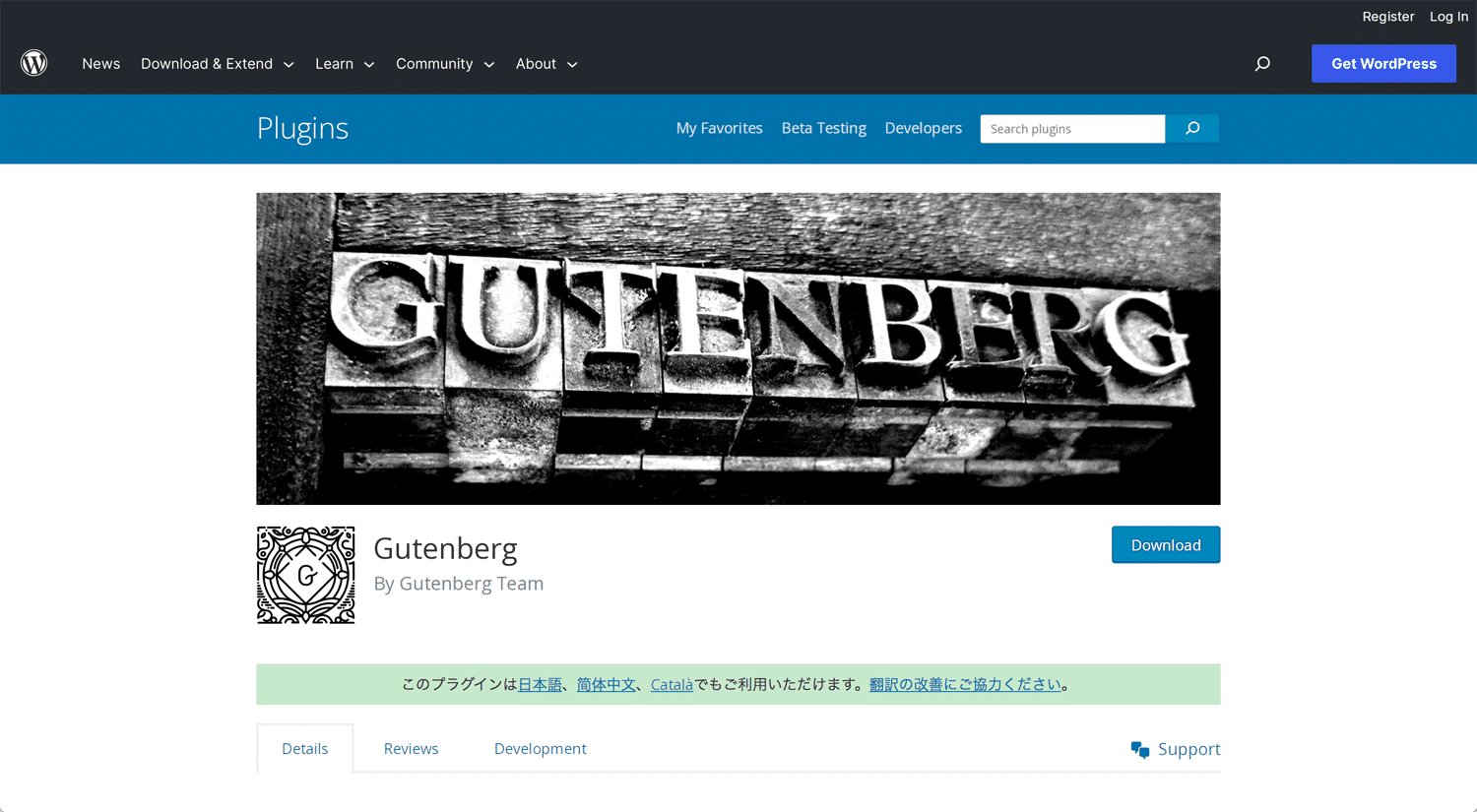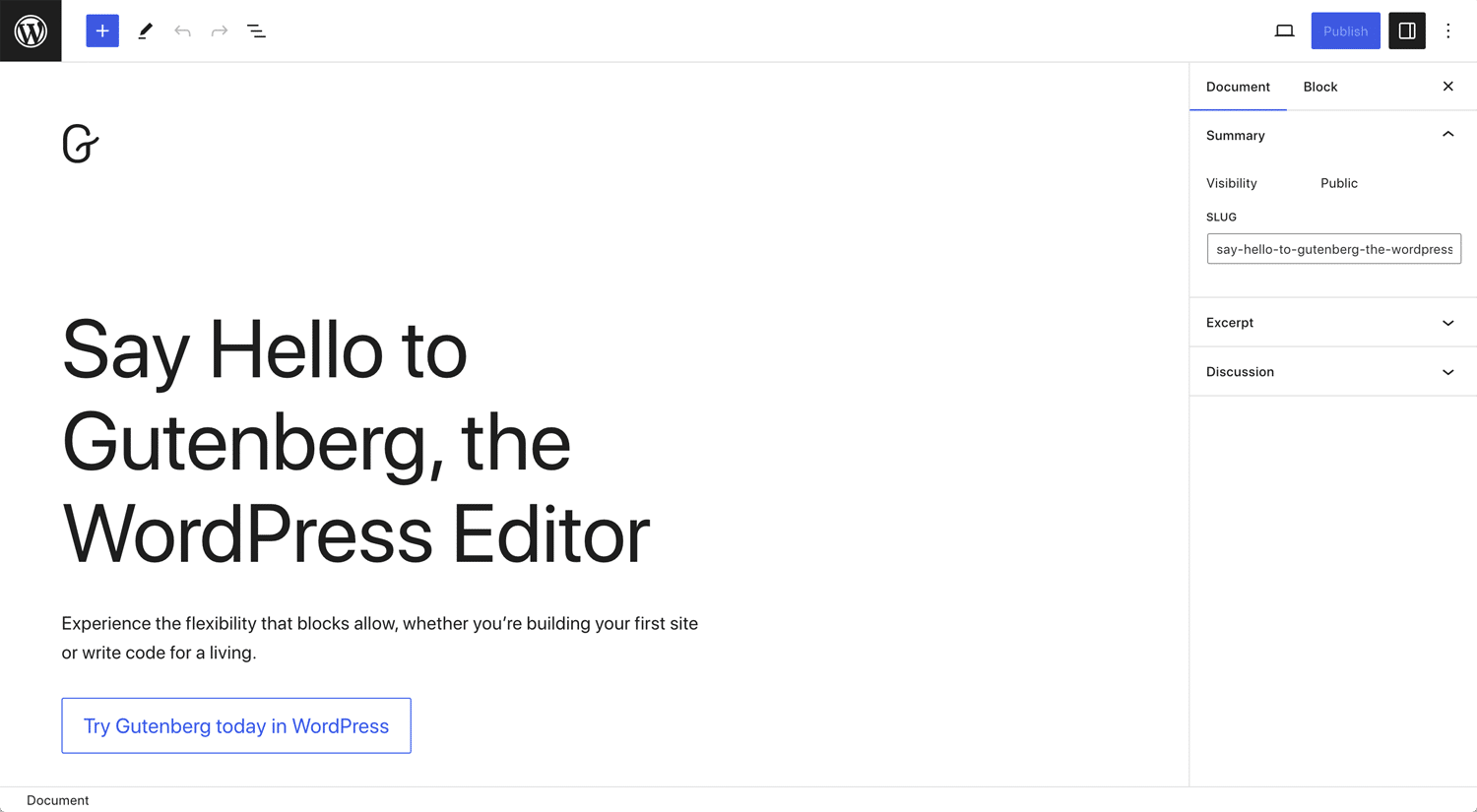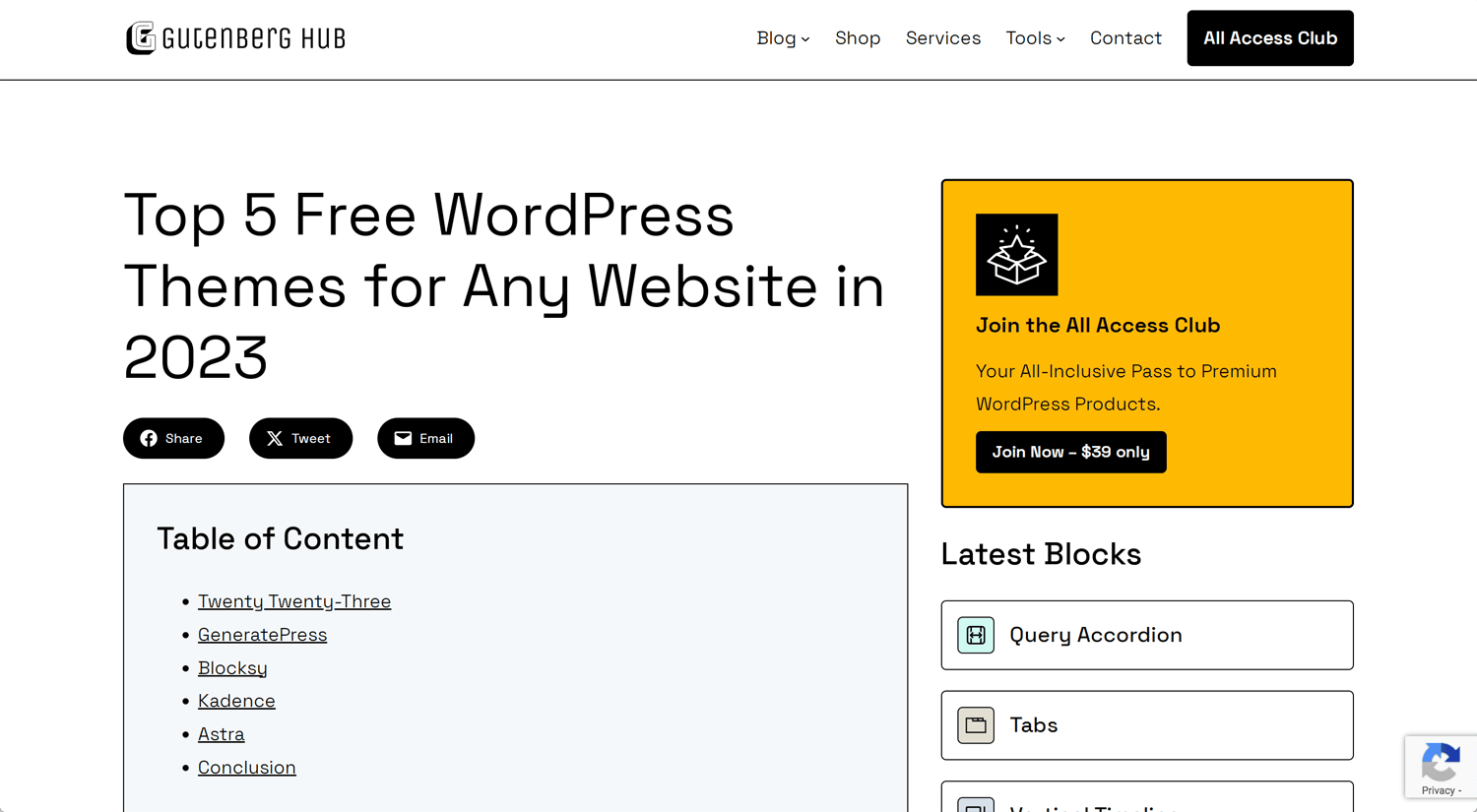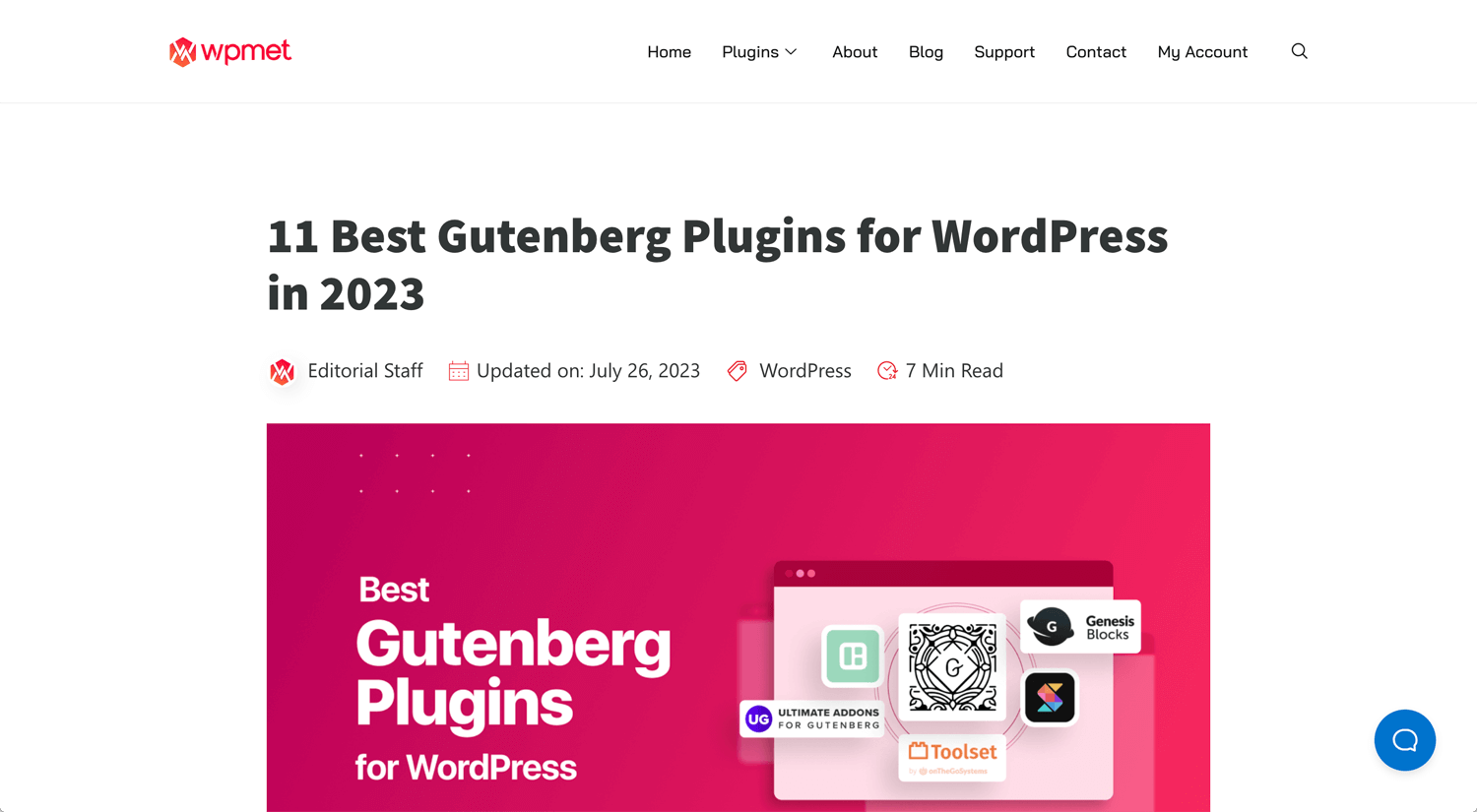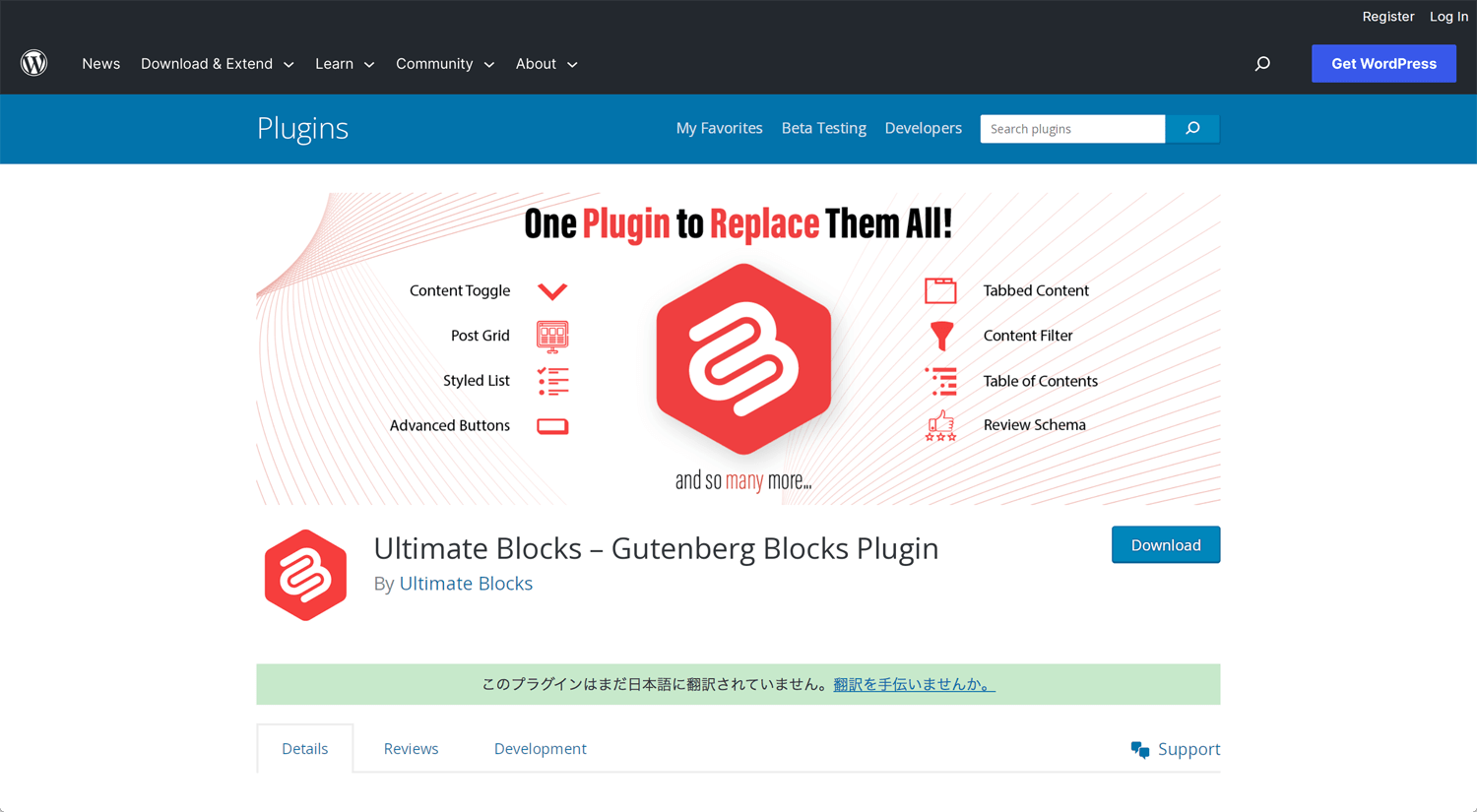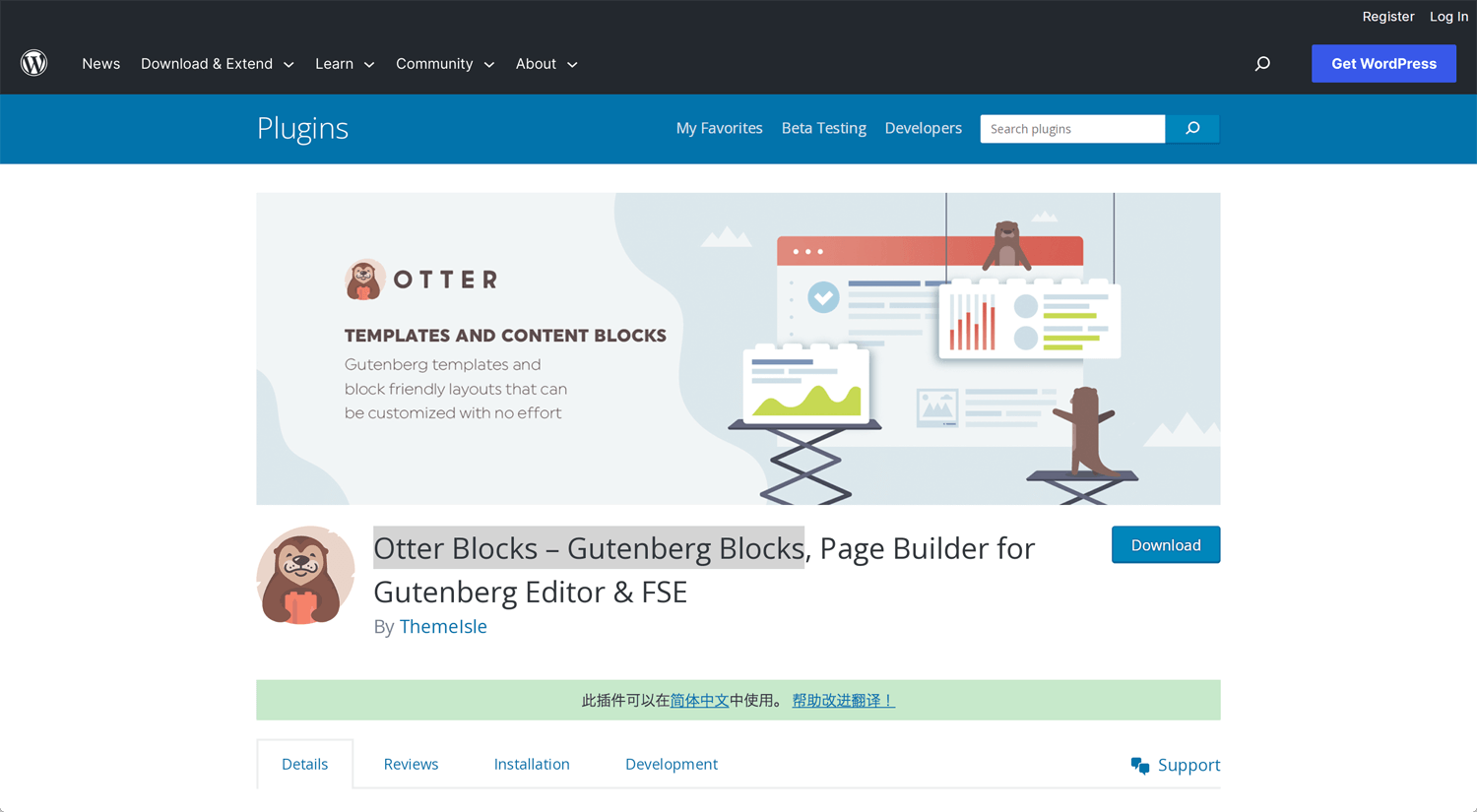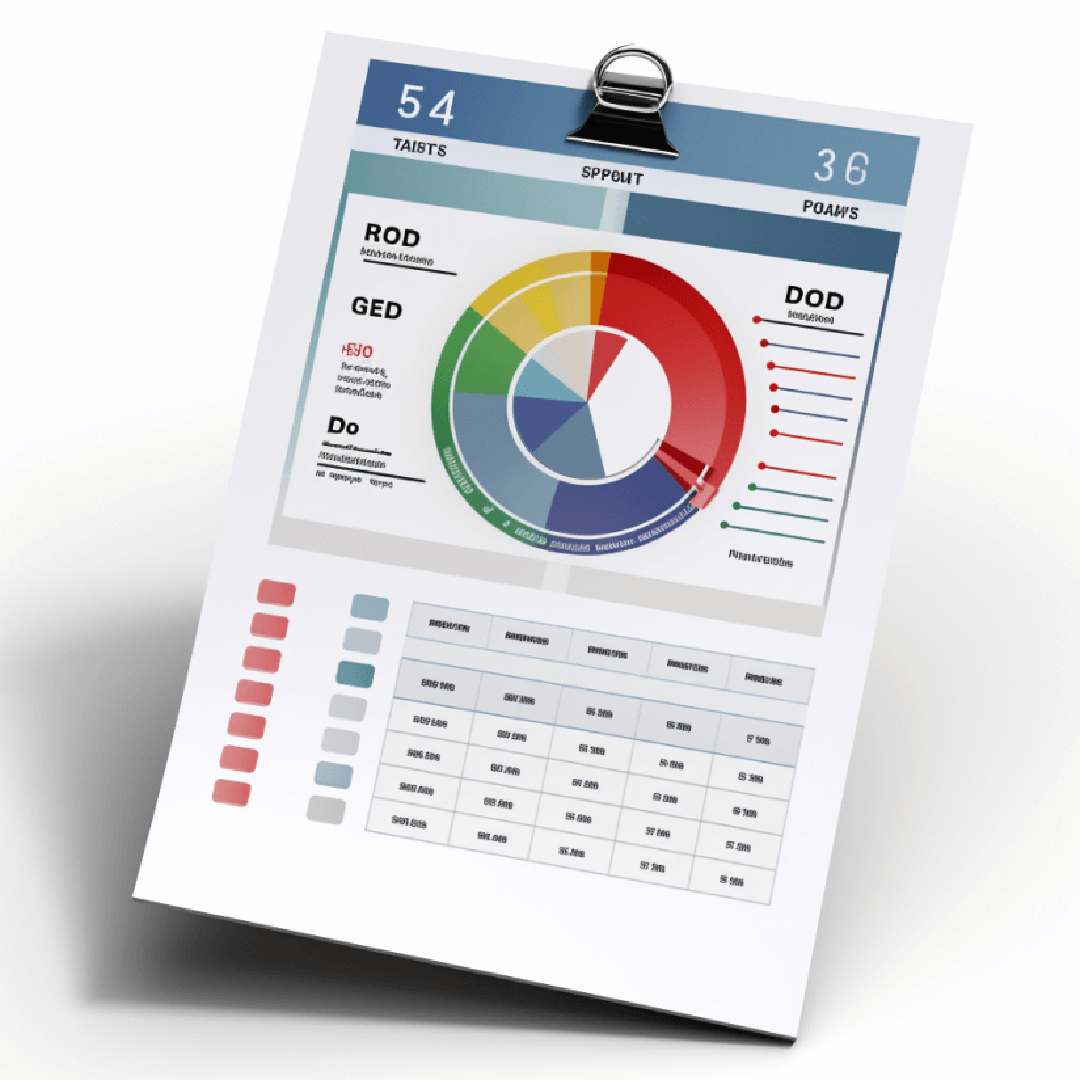Story: What is Gutenberg on WordPress?
WordPress Gutenberg, unveiled in WordPress 5 with the codename, is a groundbreaking block-based editor that replaces the conventional WordPress editor relying on TinyMCE. This transformation signifies a significant evolution in content creation, allowing users to seamlessly integrate diverse media formats and structure the layout within the editor through the utilization of blocks.
I typically avoid using WordPress Gutenberg as it tends to consume a lot of my time during website development. It also does not have a setting for details and pre-made elements. It requires compromise for web design which I want to achieve. Therefore, I use Avada, Divi, and Elementor. I’m open to making a one-time payment for a WordPress theme to help bring my Figma prototype to life and save time during the development process.
I recently had to redesign a website that was originally built using WordPress Gutenberg. During this process, I quickly learned about the capabilities of WordPress Gutenberg. If you’re starting a website from scratch, I strongly recommend considering a paid theme. It offers much greater flexibility and can be a valuable asset in creating a customizable and efficient website.
Theme with WordPress Gutenberg
WordPress Gutenberg is not a WordPress theme. It is the block editor.
Gutenberg-compatible WordPress themes are specially made to work really well with the block editor. These themes give you cool options like better block styles, custom block patterns, and support for WordPress’ new way of editing the entire website using blocks.
©GutenbergHub
I searched for a WordPress theme compatible with Gutenberg, but I had trouble pinpointing the ideal choice. Numerous blogs featured lists of the best WordPress themes for Gutenberg, often mentioning 10 or more options (is it an affiliate?). It does not say recommendation, in my opinion.
I don’t have a plan to develop a website with a free WordPress theme near future. Based on my general knowledge and impressions, I eventually selected the themes listed below.
Astro
Astra mentions that even before the official launch of Gutenberg, Astra was quick to adapt and become Gutenberg-compatible. As time has passed, this compatibility has only improved and evolved. Today, Astra offers a vast library of free starter templates designed specifically for Gutenberg, granting users the ability to create customized layouts within the editor effortlessly. Furthermore, Astra takes care of the styling and spacing of Gutenberg blocks automatically, making it a user-friendly and efficient choice for website development.
Blocksy
Blocksy mentions that the Blocksy WordPress theme has been meticulously designed from the ground up with Gutenberg in mind. As a result, it seamlessly supports a wide array of blocks and various editor manipulations, including wide and full alignments, providing users with extensive flexibility and options for content layout and design.
I saw a video on YouTube that mentioned Blocksy before. I checked the website. I have a good impression of Blocksy.
Kadence
The most general impression in these 3 WordPress themes, but I saw Kadence in some blogs. In addition, the client uses Kadence with e-commerce. So, I have to learn Kadence quickly.
Plugin for WordPress Gutenberg
To begin, it’s essential to pinpoint the challenges that come with using WordPress Gutenberg, as this will guide us in selecting the required plugins. During my research, I explored various blogs and plugins and found that some premium plugins are priced surprisingly high, often exceeding $100. It’s intriguing to consider why people opt for purchasing plugins instead of WordPress themes, which can significantly simplify website development. For instance, we could consider acquiring a Divi license to streamline the process.
If you prefer completely free to develop a WordPress website, WordPress Gutenberg is one of the options. If you want to achieve a specific user interface design, do not save the small payments. Elementor, Divi, or Avada are alternatives.
Ultimate Blocks – Gutenberg Blocks Plugin
Otter – Gutenberg Blocks
Conclusion: Value of paid WordPress theme
In conclusion, selecting the ideal WordPress theme for your website involves a thoughtful evaluation of your unique circumstances. Paid themes undoubtedly bring professionalism, advanced features, and dedicated support to the table, but they do come with a price tag. On the other hand, free themes provide an economical starting point, particularly appealing to those with budget constraints or simpler website requirements. However, it’s essential to acknowledge their potential limitations in functionality and design.
In either case, whether you opt for a paid or free theme, remember that the success of your website ultimately hinges on how well it meets your specific goals and requirements. So, carefully assess your project’s needs, weigh the pros and cons, and make a well-informed choice to ensure your website effectively serves its intended purpose.
